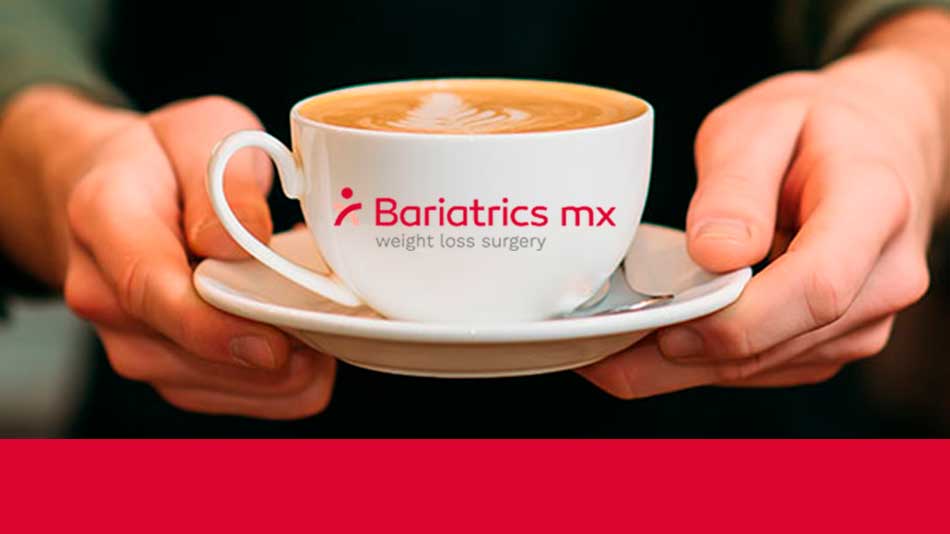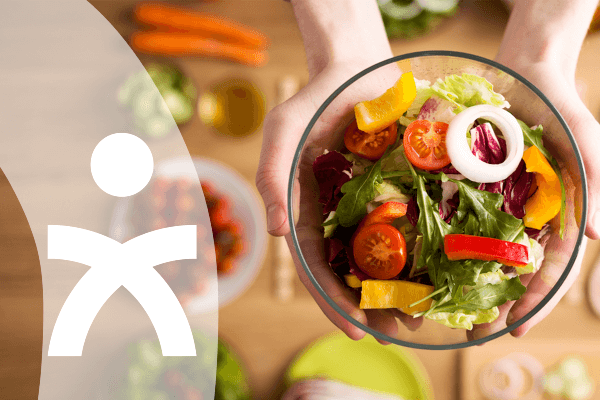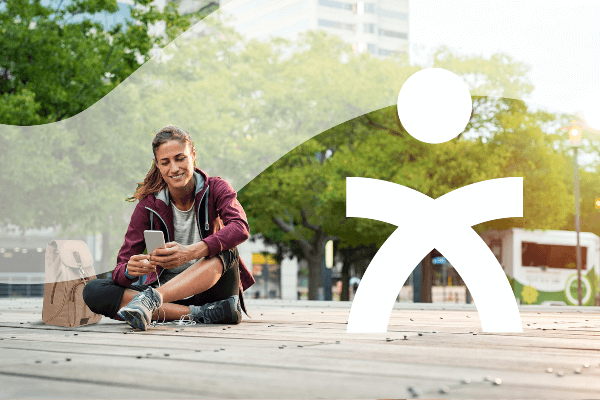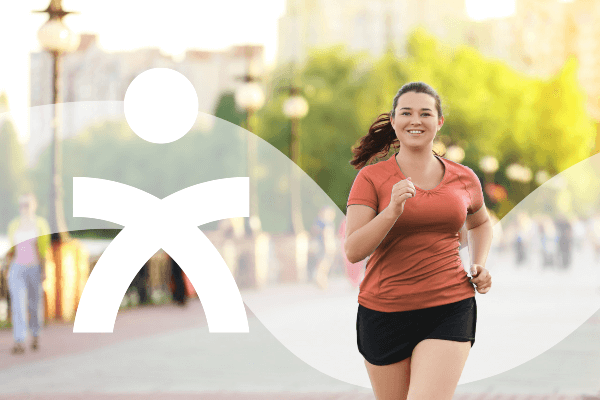Caffeine after bariatric surgery
Coffee after gastric sleeve: Patients are at risk for gastric distress if they consume caffeine as soon as after surgery. It’s best to avoid consuming any caffeinated beverages, including coffee, tea, soda, chocolate, and other sweetened products. However, it’s important to get rid of any caffeine-containing beverages, including decaffeinated coffee, before the procedure. It’s also important for patients to avoid consuming food supplements that contain caffeine within three hours before surgery
It’s recommended that patients don’t consume any caffeine-containing beverages at all before or immediately after the surgery. This is because caffeine can cause nausea and discomfort in patients. In addition, it may make it easier for the stomach to rupture under the influence of caffeine. There are also studies that suggest that consuming caffeine may increase the risks of serious side effects, such as heart attack and stroke, in patients with certain diseases.
It’s also important for patients to limit the amount of calories they consume after surgery. Patients who eat a lot right before the procedure usually gain back a lot of the weight they lost during the procedure, since it takes some time for the body to heal. So it’s better for them to eat smaller, frequent meals throughout the recovery period. This will help them control their calorie intake and prevent the development of nutritional deficiencies. This is important, especially for people who’ve just undergone gastric sleeve surgery.
Patients should avoid drinking coffee and caffeinated sodas, as well as chewing gum or other forms of mints. Caffeine can stimulate acid reflux, which makes it easier for the stomach to produce acids. If you’re a smoker, you should also stop. Cigarettes contain more than twice the caffeine that coffee does, making them more of a health risk in terms of complications. And since cigarette smoke is also toxic, it’s best to stop smoking if you want to minimize the risks involved with your gastric sleeve surgery.
Caffeine and weight loss surgery
caffeine makes you urinate more often. This can have an effect on your post-operative weight loss surgery. To minimize this effect, you should drink plenty of water after your operation. Since it also enhances gastric emptying, caffeine should be avoided for about two hours after your surgery. This will help you recover from your surgery without the risk of experiencing dehydration.
Too much coffee can increase acid reflux symptoms and reduce your chances of successful bariatric surgery. If you’re a regular consumer of coffee, it’s best to stop gradually, in addition to limiting its consumption after your operation. If you think you might be having a caffeine problem, see a doctor. He or she may be able to prescribe a better brand or suggest an alternative. As always, ask your bariatric team for their recommendations.
Before you agree to have coffee after your bariatric surgery, talk to your doctor about how caffeine affects your diet and exercise routine. Your doctor can guide you in limiting the number of cups you drink and recommend a specific brand or variety that won’t interfere with your diet. The amount of caffeine you need every day will depend on your weight loss plan, your health, and your age. Remember to take into account the effects of caffeine on other medications you take, as well as any exercise regimen you may be undertaking.
After your surgery, a liquid diet will be prescribed for several weeks. At first, you’ll probably eat six small, frequent meals a day. You’ll continue to do this until two to three months after your gastric sleeve procedure. At that point, you can slowly introduce healthier options like chicken or fish. You’ll still want to limit your intake of coffee and tea, because these drinks contain caffeine.






